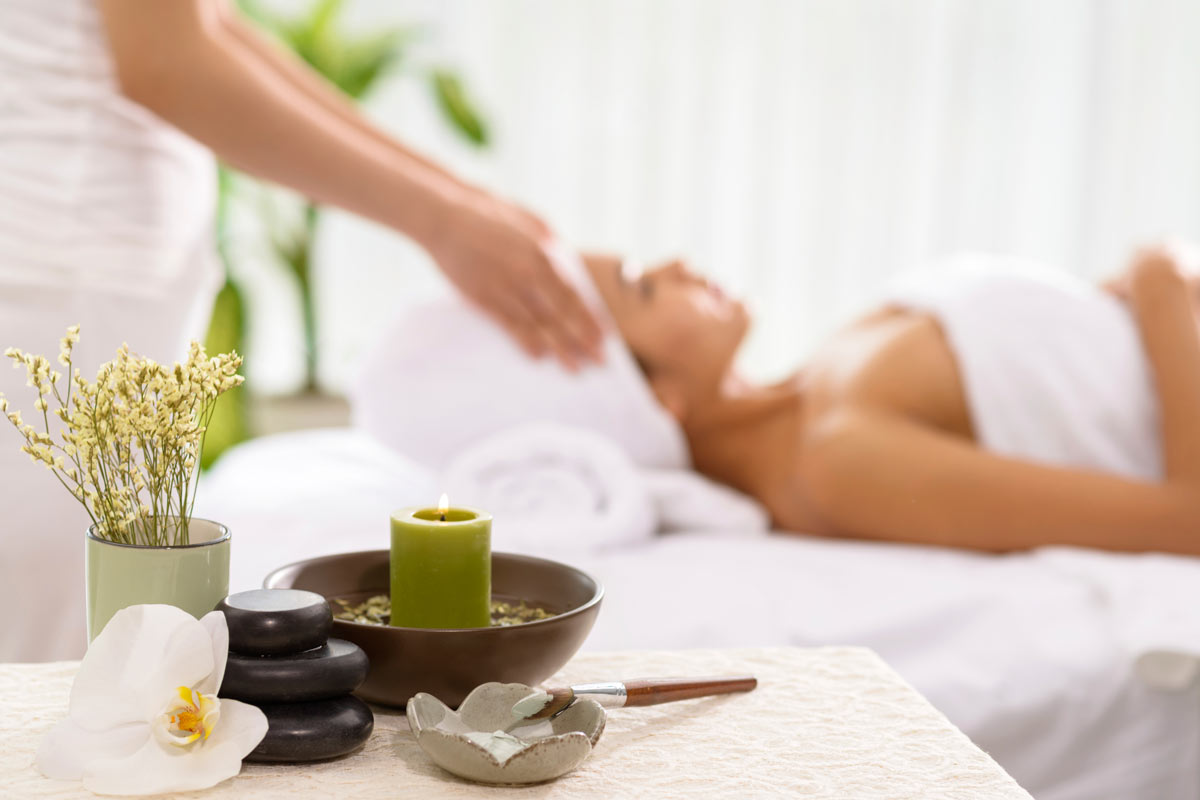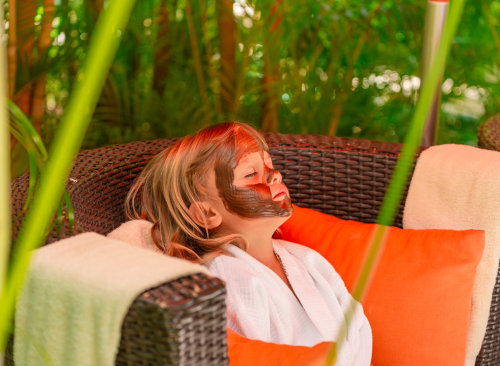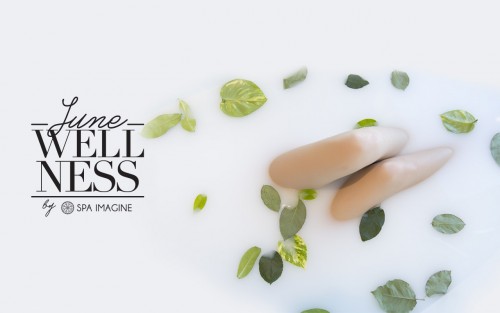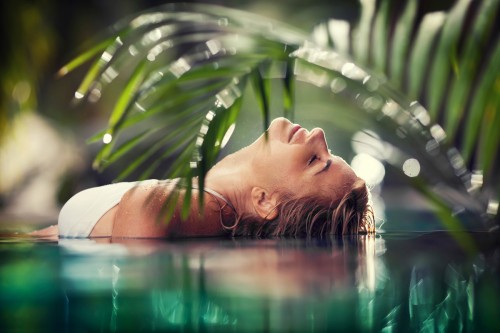There has never been a more natural way to heal the mind, body and soul than through the use of aromatherapy. This ancient healing tradition, whose roots lie in histories of China, India and Egypt, makes use of naturally extracted aromatic oils from plants and flowers to promote health, treat disease and improve one’s overall mood. Also called essential oils therapy, aromatherapy has been making its way back into modern culture, enhancing the quality of life and unifying the physiological and spiritual processes that can heal one’s mind, body and spirit.

Essential Oils
If you’ve ever walked into a spa and smelled the calming aromas that often permeate the air, then you’ve experienced aromatherapy. Through the use of essential oil diffusers or various massage oils that contain the same extracts, aromatherapists and individuals who self-administer have been able to improve their health, boost their energy levels and achieve more restful sleep.
While it is still unknown exactly how aromatherapy works, it is widely believed that as the essential oils are inhaled, they stimulate brain function. The olfactory system almost immediately responds to the aromatic molecules in the air, sending messages to the brain and the rest of the organs in the body. Certain smells trigger certain reactions, thus allowing each of the essential oils to work their magic. While aromatherapy is most commonly achieved by diffusing the oils into the air, some oils can also be applied directly to the skin, which allows the healing properties to travel through the bloodstream, or through ingestion. The appropriate method depends on the essential oil being used, however all lead to a better sense of wellbeing.
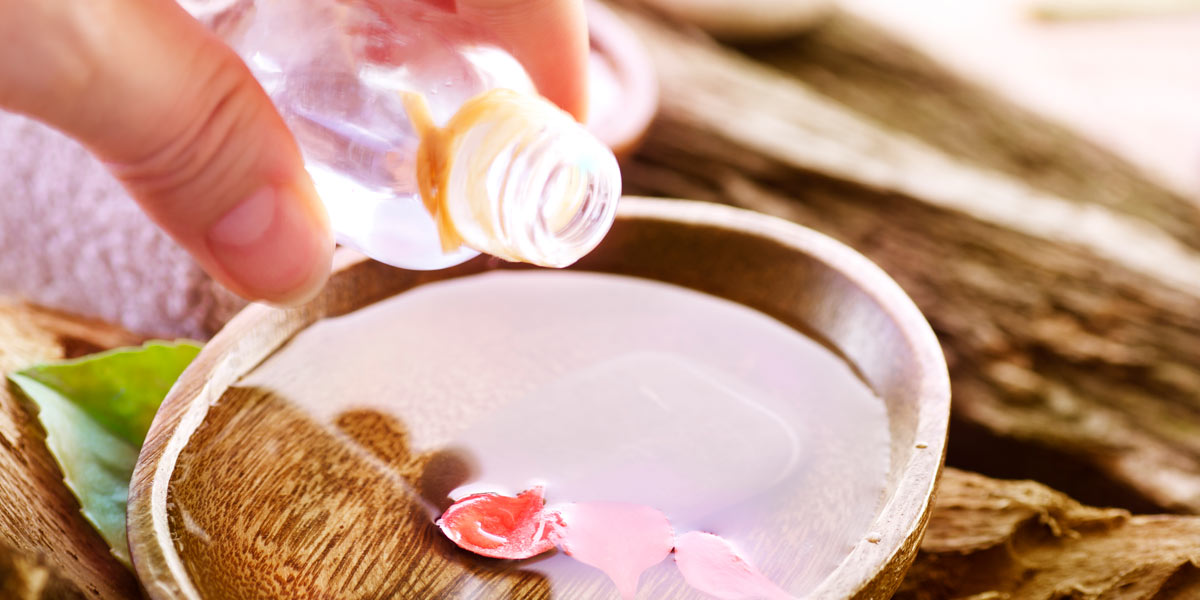
Which essential oil to use
There are so many essential oils on the market, each offering distinct healing properties, that it can be hard to choose the right combination. One of the most well-known uses of aromatherapy is for relaxation and rest. For this, therapists recommend chamomile, lavender and clary sage to help individuals unwind at the end of the day. The soothing effects of each essential oil not only helps individuals to sleep better, but they have also been known to provide a myriad of other benefits. Lavender, for example, helps to decrease stress and aid in the healing of colds, flu and migraines. Chamomile, on the other hand, works as an antidepressant, antiseptic and an antibiotic. There are more than 90 essential oils, each serving a different holistic purpose. Whether trying aromatherapy for the first time or making it part of your daily routine, you will find that the benefits are endless and the healing effects are plentiful.

